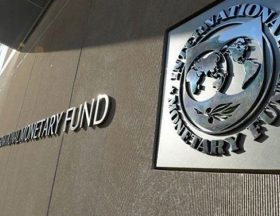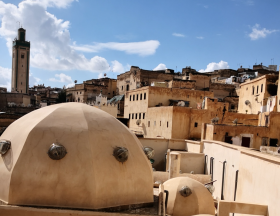Since the 2014 oil shock, the appearance of the coronavirus pandemic and the growing pressure on the oil industry for climate action, the oil market has struggled to regain investment levels that favor the renewal of oil reserves. raw.
Crude oil reserves held by 17 African countries fell by nearly 500 million barrels in 2021, partly due to the underinvestment that currently prevails in the sector. This is just shown in an analysis by Statista, an online portal that provides data on economies, industrial sectors and markets in more than 50 countries.
As a result, reserves have fallen from 125.8 billion barrels last year to 125.3 billion barrels this year. This analysis ties in with statistics released last month by the Organization of the Petroleum Exporting Countries (OPEC), which generally noted the decline in proven crude reserves in many countries on the continent.
According to the OPEC document, Nigeria’s crude oil reserves fell to 36.91 billion barrels in 2020, from 37.4 billion barrels in 2016. Libya, which holds the continent’s largest reserves, Algeria, Sudan, Egypt, Gabon, Congo among others have all been affected by low investment in the sector.
Last year, the Norwegian industry data analysis firm, Rystad Energy, reported that investment is expected to decline 30% due to Covid-19 and in the medium term, fall further with increasing use. more pronounced to clean energies.
These countries are also facing the phenomenon of “stranded assets” or “depreciated assets”, which implies that reserves lose their value and importance more as the march towards the energy transition continues.
According to Dr Oluwaseun Oguntuase, from the Center for Environmental Studies at the University of Lagos, “the vast majority of the world’s fossil fuel reserves (between 60 and 80%) may not be transformed if the momentum is set for the transition. energy continues, and if humanity wants to avoid catastrophic climate change ”.











Réagissez à cet article